Top 10 applications of artificial intelligence in government services
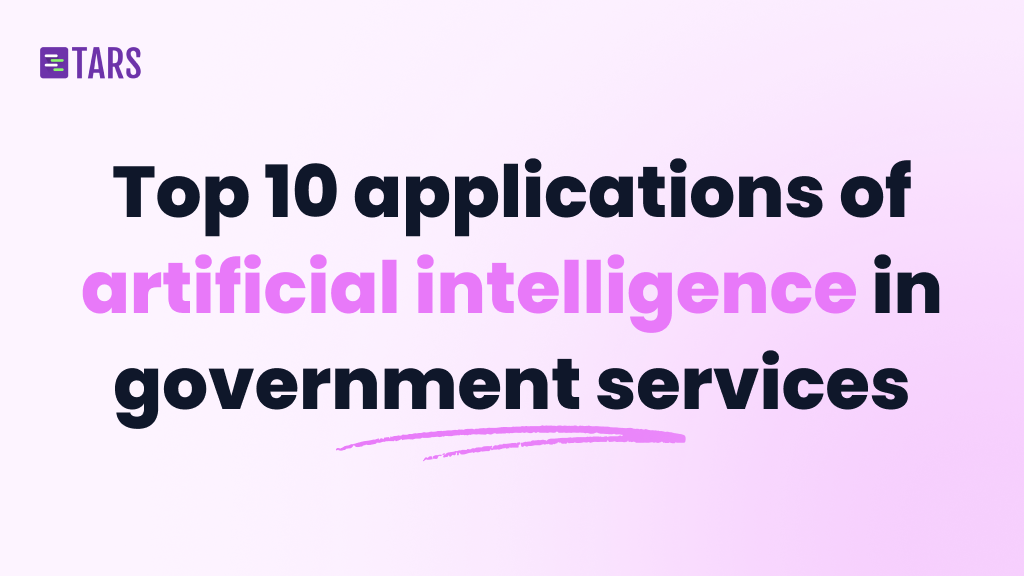
Artificial intelligence (AI) has emerged as a transformative technology with immense potential to revolutionize government services. By harnessing the power of AI, governments can enhance decision-making, improve service delivery, and streamline administrative processes. AI Agents represent a big leap from basic functioning to intelligent systems capable of complex reasoning, multi-step processes, and seamless integration with existing government infrastructure.
In this blog, we will explore the top 10 applications of artificial intelligence in government services, showcasing how it is reshaping the way governments operate and interact with citizens.
1. AI-driven data analytics for improved decision-making
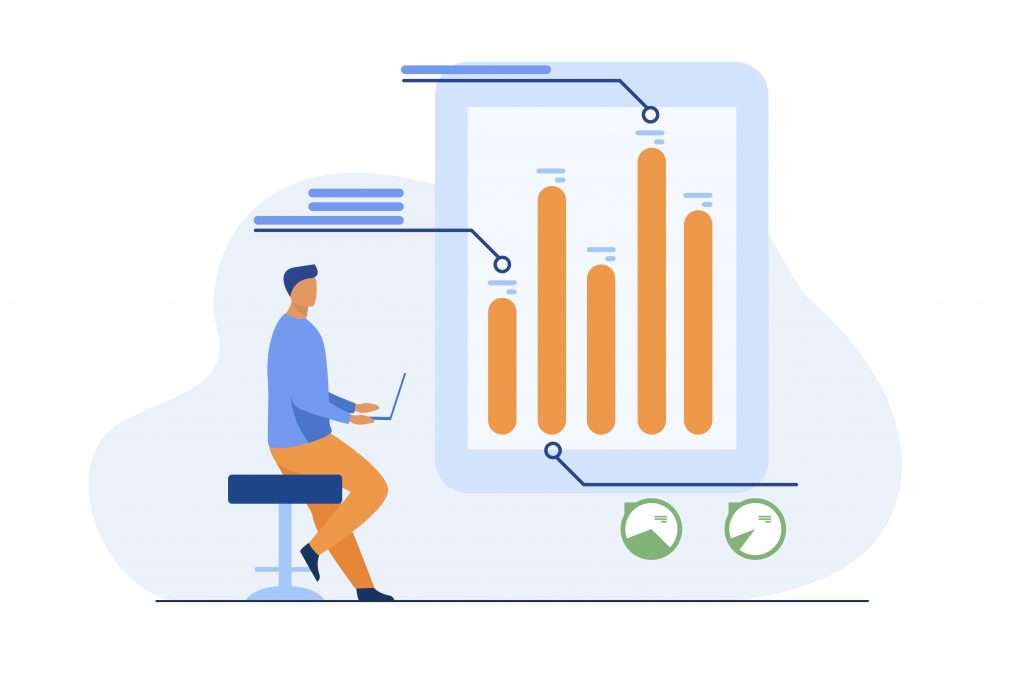
Government organizations deal with vast amounts of data on a daily basis. AI-powered data analytics tools enable governments to extract valuable insights from this data, aiding in evidence-based decision-making.
By utilizing advanced algorithms, machine learning techniques, LLMs, and tooling capabilities, AI Agents in government services facilitate the identification of patterns, trends, and correlations within large datasets.
This can help government agencies formulate effective policies, allocate resources efficiently, and address emerging challenges with agility.
2. Intelligent AI Agents for citizen support
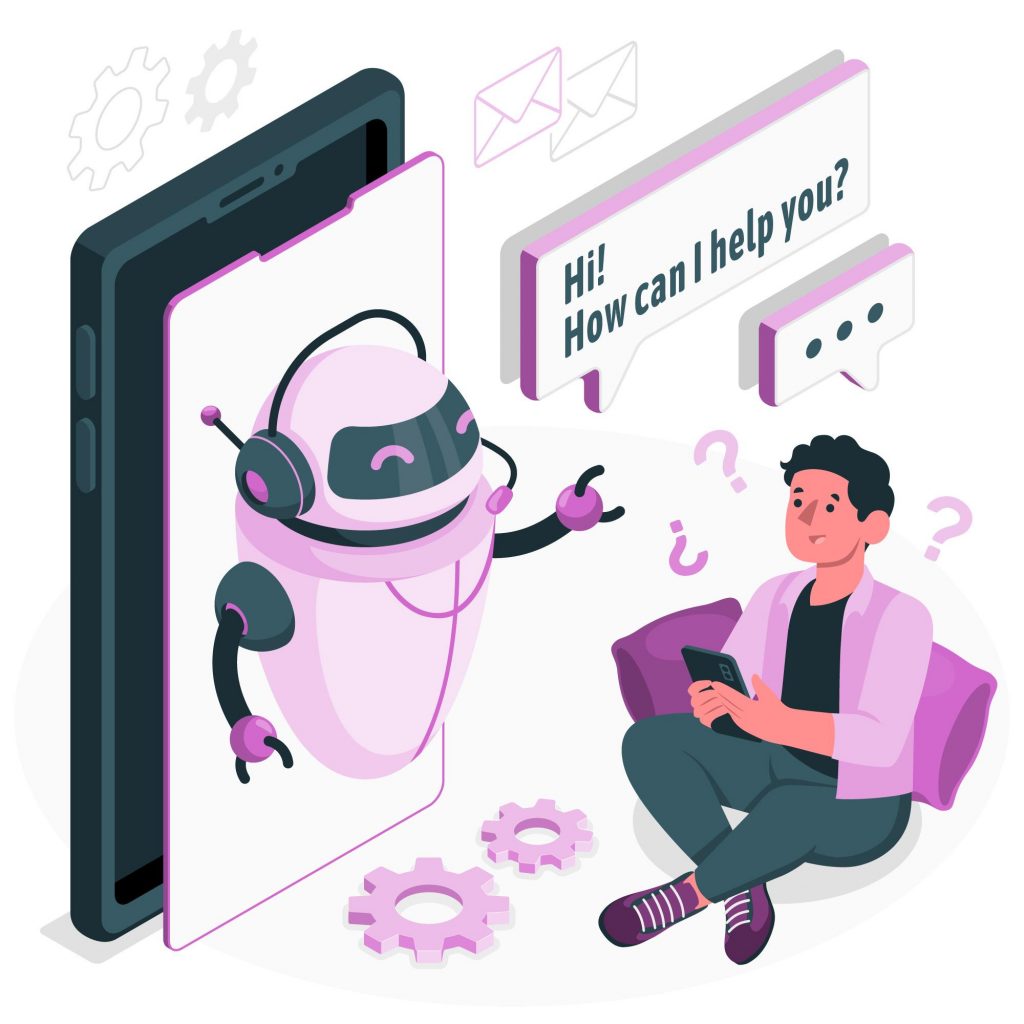
Providing efficient and round-the-clock citizen support is a crucial aspect of government services. AI-powered chatbots are increasingly being deployed to handle citizen queries and provide personalized assistance.
These intelligent virtual assistants leverage natural language processing (NLP) algorithms to understand and respond to user inquiries accurately.
By automating responses to frequently asked questions, guiding users through government processes, and offering instant support, AI Agents improve citizen engagement and satisfaction.
3. AI-powered fraud detection and prevention
Ensuring the integrity of government programs and financial transactions is a top priority. Artificial intelligence in government services plays a pivotal role in fraud detection and prevention.
AI algorithms can analyze vast amounts of data, detecting anomalies, and identifying patterns indicative of fraudulent activities. By leveraging machine learning models, government agencies can proactively identify and mitigate risks associated with fraud, tax evasion, and financial misconduct, safeguarding public funds and maintaining trust in government operations.
4. Smart traffic management and urban planning
Traffic congestion and urban planning pose significant challenges for governments worldwide. AI offers innovative solutions by optimizing traffic flow and enhancing urban planning strategies.
Through real-time data analysis, AI algorithms can identify traffic patterns, predict congestion, and optimize transportation systems. By incorporating AI-driven insights into urban planning, governments can improve public transportation routes, alleviate traffic congestion, and create smarter, more sustainable cities.
5. Predictive policing for enhanced public safety

AI-powered predictive policing models are transforming the way governments ensure public safety. By analyzing historical crime data, artificial intelligence in government services can identify potential crime hotspots, aiding law enforcement agencies in proactive resource allocation.
Predictive policing helps prevent criminal activities, reduce response times, and enhance overall public safety. Leveraging AI algorithms, governments can develop targeted interventions, effectively allocate resources, and mitigate crime risks in communities.
6. AI-driven healthcare services and research
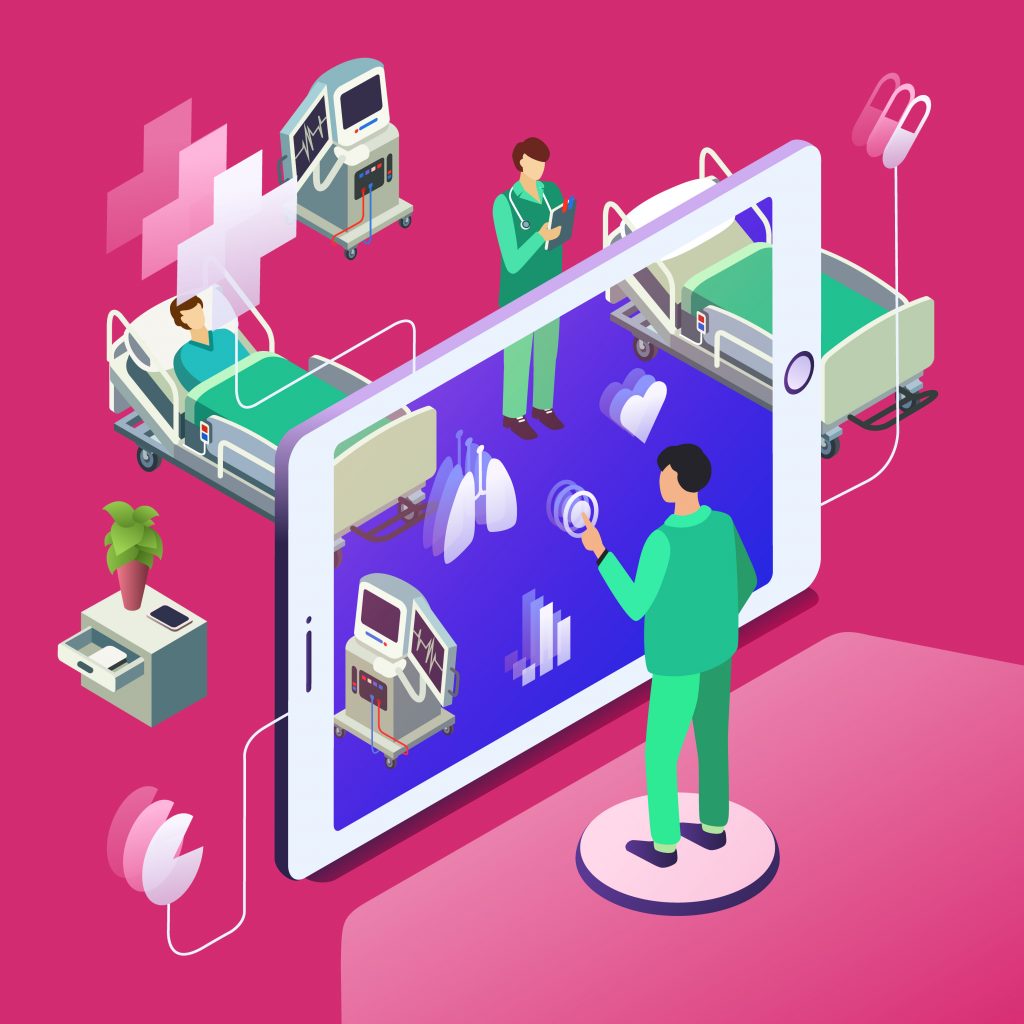
Artificial intelligence has immense potential to revolutionize healthcare services and research within the government sector. AI-powered Agents can analyze medical data, assist in diagnosis, recommend treatment options, and facilitate medical research.
Governments are increasingly leveraging AI to enhance healthcare access, improve patient care, and optimize disease surveillance.
By harnessing the power of AI in healthcare, governments can ensure better health outcomes for their citizens while managing resources effectively.
Explore AI Agents pre-built specifically for government use cases.
7. Natural language processing for document analysis
Governments deal with a vast amount of documents, contracts, policies, and regulations. Natural language processing (NLP) algorithms, a subset of artificial intelligence, enable governments to analyze and extract valuable information from these documents efficiently.
NLP-powered systems can process complex legal and regulatory documents, automate contract analysis, and assist in policy formulation.
By leveraging AI-driven document analysis, governments can streamline administrative processes, improve compliance, and enhance transparency.
8. AI-assisted administrative processes
Administrative processes within government organizations can be time-consuming and resource-intensive. However, with the integration of AI, these processes can be streamlined and automated to improve efficiency.
AI-powered systems can handle tasks such as document management, workflow optimization, and resource allocation. By automating repetitive and mundane administrative tasks, governments can free up valuable human resources to focus on higher-level decision-making and policy implementation.
AI-assisted administrative processes enhance productivity, reduce paperwork, and enable smoother operations within government organizations.
9. AI-enabled cybersecurity

As governments increasingly rely on digital systems and networks, cybersecurity becomes a critical concern. AI offers advanced capabilities to detect and prevent cyber threats effectively.
AI algorithms can analyze network traffic, identify potential vulnerabilities, and respond to security incidents in real-time. By leveraging artificial intelligence in government services, governments can strengthen their cybersecurity posture, protect sensitive data, and safeguard critical infrastructure from cyber-attacks.
AI-enabled cybersecurity measures ensure the integrity and trustworthiness of government systems.
10. AI-based disaster management and response
During times of natural disasters or emergencies, the ability to respond swiftly and effectively is paramount. AI plays a vital role in disaster management and response efforts. Through real-time data analysis, AI algorithms can monitor and predict disaster patterns, facilitate early warning systems, and optimize resource coordination.
AI-based technologies, such as remote sensing and image analysis, enable governments to assess the impact of disasters, prioritize rescue operations, and aid in post-disaster recovery.
By harnessing the power of AI, governments can enhance their disaster preparedness and response capabilities.
Want to leverage the power of AI for your gov agency/organization? We can help.
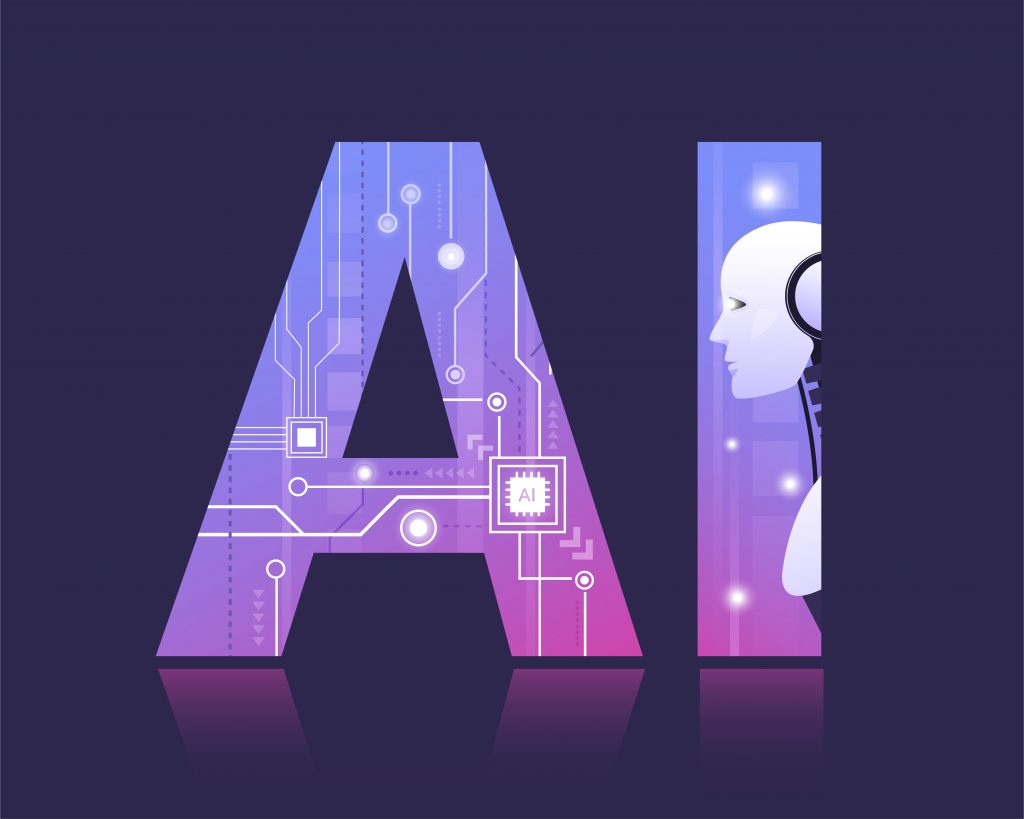
Tars has been dedicatedly working with government agencies and organizations over the past years, helping them automate processes and enhance citizen support.
We have worked with and helped multiple government organizations, including – Workforce Solutions of Central Texas, Missouri SoS, Indiana InBiz, and Montana DMV.
Simply book a free demo to learn more about how we can help and start experiencing the many benefits of our omnichannel Agents.
Ish is the co-founder at Tars. His day-to-day activities primarily involve making sure that the Tars tech team doesn’t burn the office to the ground. In the process, Ish has become the world champion at using a fire extinguisher and intends to participate in the World Fire Extinguisher championship next year.
- 1. AI-driven data analytics for improved decision-making
- 2. Intelligent AI Agents for citizen support
- 3. AI-powered fraud detection and prevention
- 4. Smart traffic management and urban planning
- 5. Predictive policing for enhanced public safety
- 6. AI-driven healthcare services and research
- 7. Natural language processing for document analysis
- 8. AI-assisted administrative processes
- 9. AI-enabled cybersecurity
- 10. AI-based disaster management and response
- Want to leverage the power of AI for your gov agency/organization? We can help.


Build innovative AI Agents that deliver results
Get started for freeRecommended Reading: Check Out Our Favorite Blog Posts!
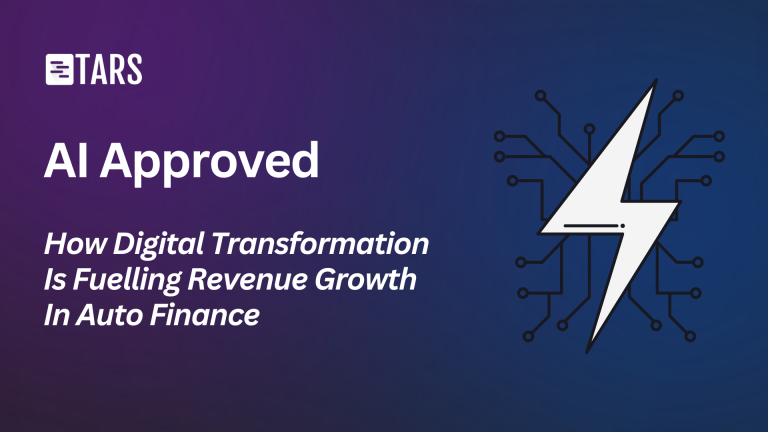
AI Approved: How Digital Transformation Is Fuelling Revenue Growth In Auto Finance
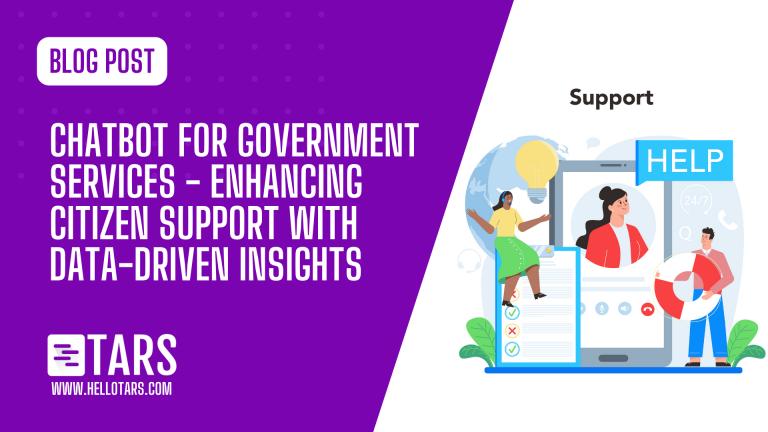
Chatbot for Government Services – Enhancing Citizen Support with Data-Driven Insights
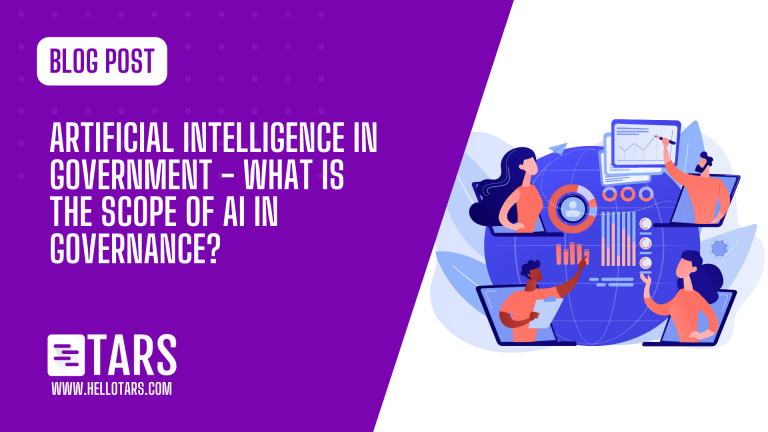
Artificial Intelligence in Government – What is the Scope of AI in Governance?

Our journey in a few numbers
With Tars you can build Conversational AI Agents that truly understand your needs and create intelligent conversations.
years in the conversational AI space
global brands have worked with us
customer conversations automated
countries with deployed AI Agents





